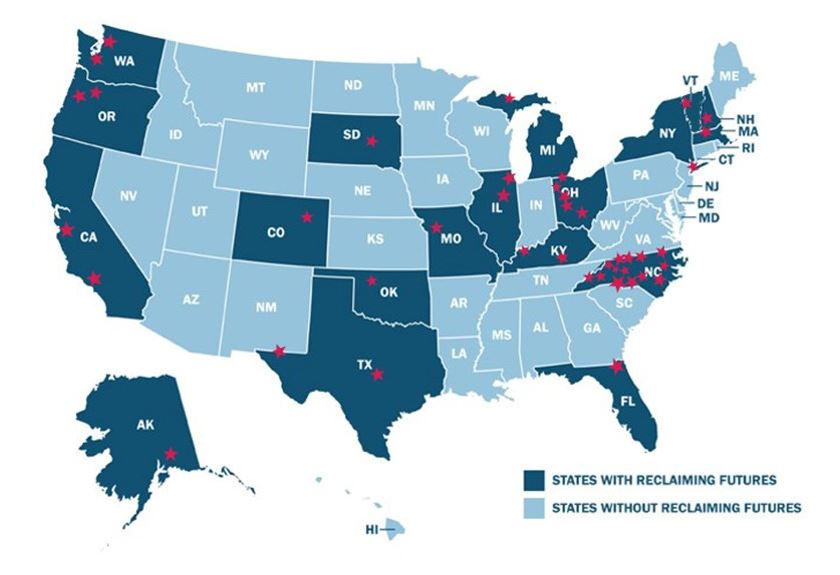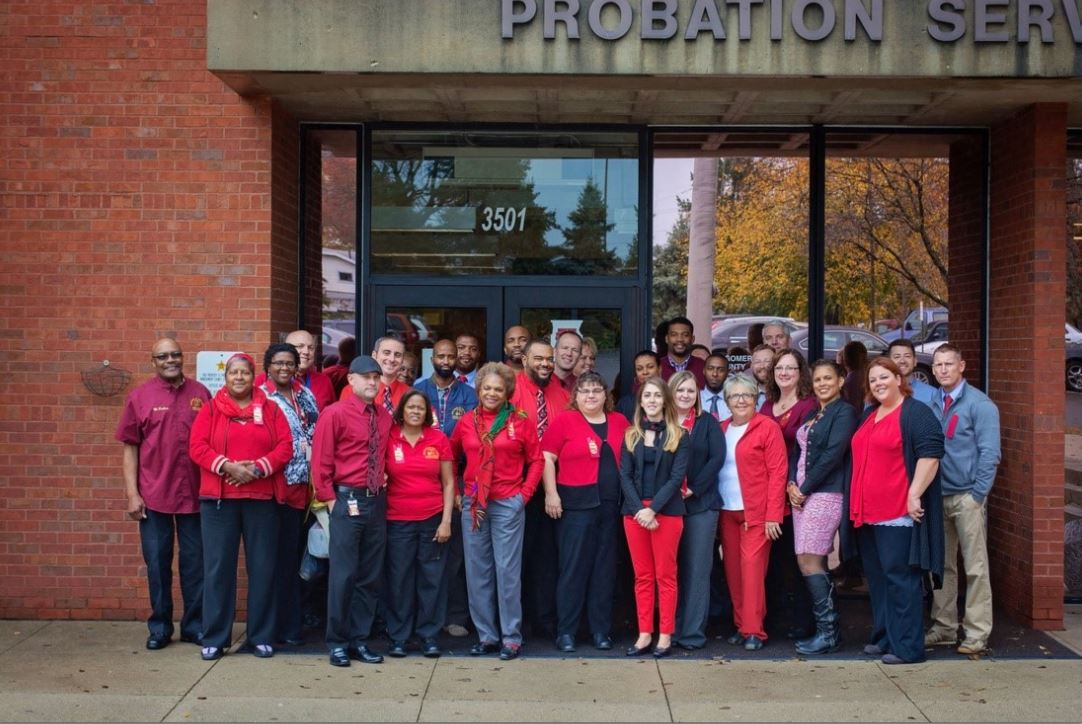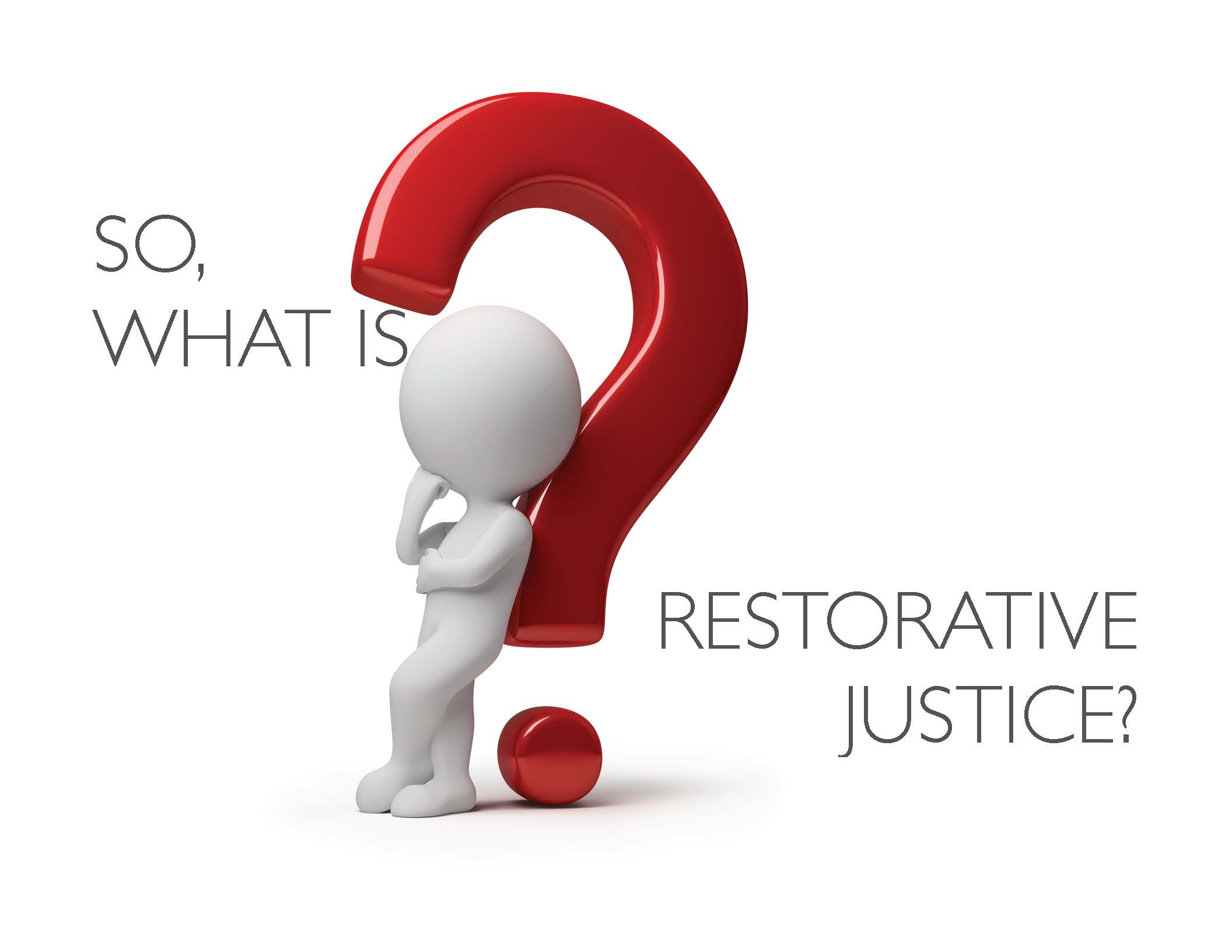Reclaiming Futures Cuts Crime, Saves Money
By Evan Elkin, January 26 2016
National evaluation shows that Reclaiming Futures generated $11 million in cost savings over one year; promoted better outcomes for teens and communities.
Five communities using the Reclaiming Futures model — a national public health and juvenile justice reform framework that promotes effective treatment practices — saved $11 million in one year. The national evaluation showed that juvenile drug courts implementing the Reclaiming Futures model saw significant reductions in crime and delinquency, which drove these notable fiscal savings.
Conducted by the University of Arizona’s Southwest Institute for Research on Women and funded by the Office of Juvenile Justice and Delinquency Prevention through an interagency agreement with the Library of Congress, research examined cost savings over a 12-month period at five juvenile drug courts around the country where the Reclaiming Futures model was implemented. Results show that the savings from implementing Reclaiming Futures are more than double its cost; net savings amounted to $84,569 per teen. Serving a total of 139 teens over the year of the study, these five communities saved more than $11 million in total. Further, average savings were even greater among participating teens with severe clinical problems, amounting to $232,109 in savings per teen.
Topics: Juvenile Justice Reform, News, Reclaiming Futures





 Every week Reclaiming Futures rounds up the latest news on juvenile justice reform, adolescent substance use treatment, and teen mental health.
Every week Reclaiming Futures rounds up the latest news on juvenile justice reform, adolescent substance use treatment, and teen mental health. 
 Reclaiming Futures sites, this year marked our twelfth year of our Natural Helper program. Our volunteers and community partners that make our initiative a success were recognized for their
Reclaiming Futures sites, this year marked our twelfth year of our Natural Helper program. Our volunteers and community partners that make our initiative a success were recognized for their

 Below you'll find a selection of the latest grants, jobs, webinars and events posted to our Opportunity Board. Please share the
Below you'll find a selection of the latest grants, jobs, webinars and events posted to our Opportunity Board. Please share the  According to research conducted by
According to research conducted by